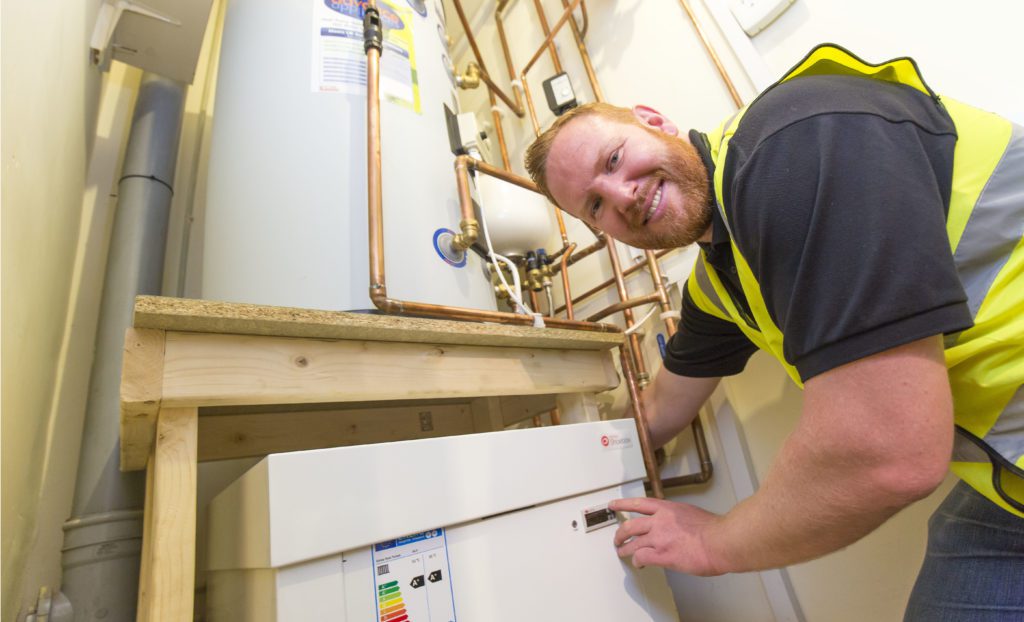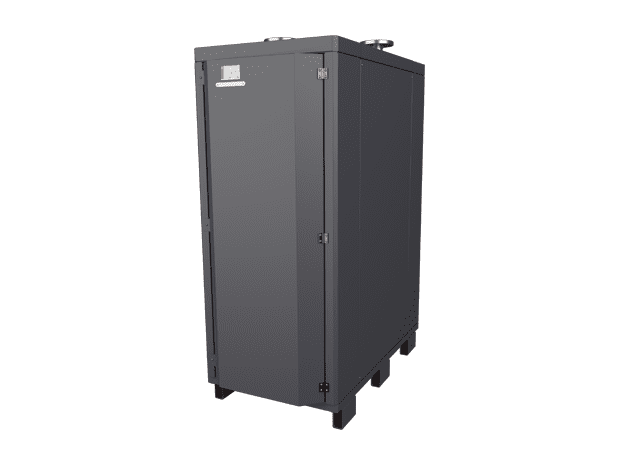The Kensa Group was pleased to hear the chancellor is pledging to cut VAT to zero on green measures, such as ground source heat pumps, for the next five years. Those installing heat pumps, which can cost upwards of £7,000, can expect savings of up to £2,000 on their final bill, according to the Heat Pump Federation.
The VAT reduction is a step in the right direction to incentivise the uptake of the low carbon technology in an effort to reach the 600,000 heat pumps per year by 2028 needed to help the UK achieve net-zero by 2050.


Along with the forthcoming Boiler Upgrade scheme, which provides grants of £7,500 to those installing ground source technology, these measures will make renewable heating more affordable for many people.
However, the Government needs to go further to tackle the energy crisis. Kensa is calling for the current bias in levies, causing electricity to be four times as expensive as gas, to be levelled out by properly proportioning them against carbon emissions.
Addressing this distortion will ensure that homeowners installing low carbon heat pumps can feel the financial benefits of the technology’s exceptional efficiencies at a time when people are looking to make as many savings as possible on their heating bills.
Ground source heat pumps remain the lowest cost, lowest carbon electrically powered heating technology available. With three-quarters of the energy they used sourced directly from renewable sources, i.e. the ground, they are less vulnerable to fluctuating energy prices.


Kensa is acutely aware that those on lower incomes will be the hardest hit by the unprecedented increases in the cost of living and rise in oil and gas prices, and are unlikely to have the upfront capital to invest in energy efficiency improvements or green technology.
Kensa believes that the Government should invest in renewable heating infrastructure to create a 21st century equivalent to the gas network. By mimicking the existing mains gas model and subsidising a networked ground source heat pump inside every property, the UK could effectively tackle the energy and climate crisis. For more information on this vision, visit https://welcometogreenstreet.com/.
James Standley, Managing Director of Kensa Heat Pumps, said:
These changes are welcome and we are particularly happy that they will reduce the cost for social housing providers (whose tenants will be the hardest hit by energy price increases), to replace existing heating systems with low carbon ground source heat pumps with low running costs. Looking forward we urge the Government to tackle this problem at scale and incorporate utility-scale solutions like networked heat pumps into the forthcoming energy supply strategy. This would use the energy in the land around our homes to increase the country’s energy independence and reduce its carbon footprint.









